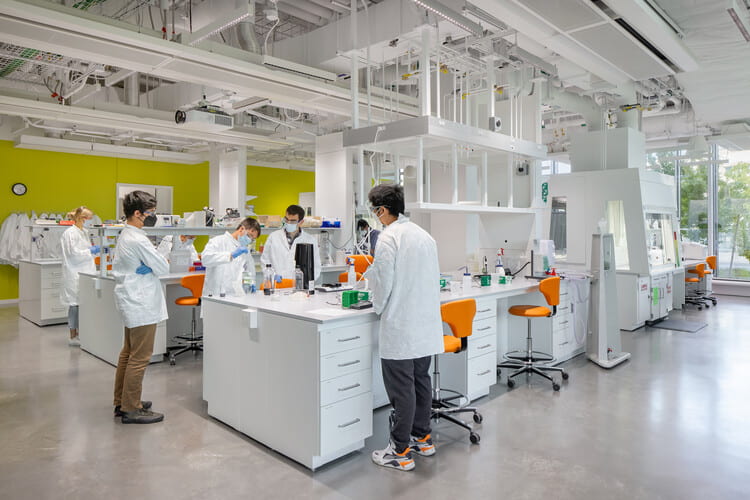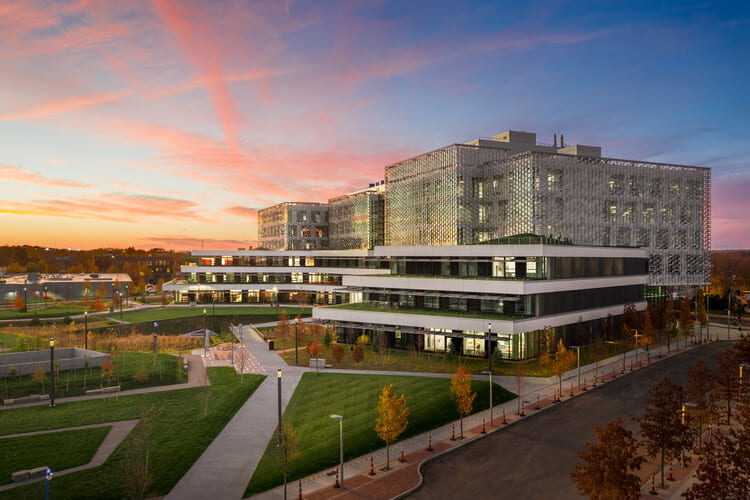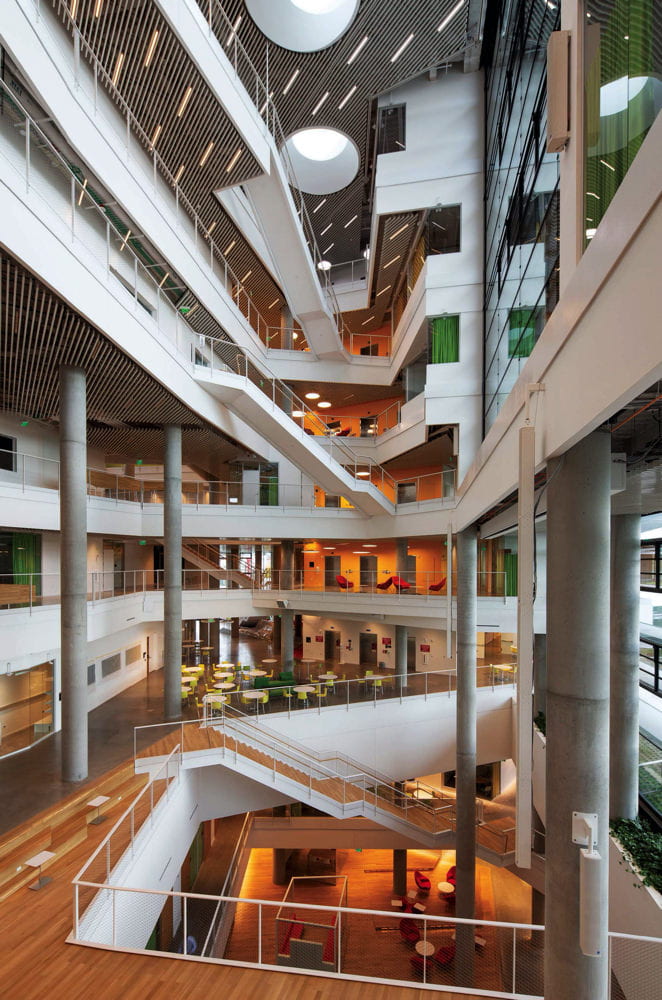
We designneuroprosthetic systems that interface with the body’s nervous systems to restore or augment sensorimotor function through artificial stimulation, reconstructive surgical techniques, and intelligent neuromodulation paradigms. We specialize in the enteric nervous system and peripheral neuromusculature.
Sensation is the gateway to the human experience.
Enteric Neural Interfaces
to modulate the gut-brain Axis

Mechanosensors are specialized receptors that capture stimuli like stretch and shear, which communicate through afferent neural pathways to shape efferent physiology. For example, in the peripheral neuromusculature, stretch receptors in our muscles tell us about the position and volocity of our muscles and help us balance and move with grace. In the stomach, stretch receptors tell us how much we’ve eaten and trigger hormones to help digest food.
We design neuroprosthetic systems that interface with the body’s nervous system and allow us to restore or augment sensation through artificial stimulation, reconstructive surgical techniques, and intelligent neuromodulation paradigms.
Capitalizing on evolutionarily conserved reflex arcs, we posit that harnessing the body’s own regulatory architecture ro coordinatore downstream function represents an efficacious strategy to restore or augment neuromuscular function.
Peripheral Neural Interfaces
to restore neuromuscular function





Lab Location: Science and Engineering Complex (SEC): 150 Western Ave. Boston, MA 02134
Contact: shriya_srinivasan at fas.harvard.edu